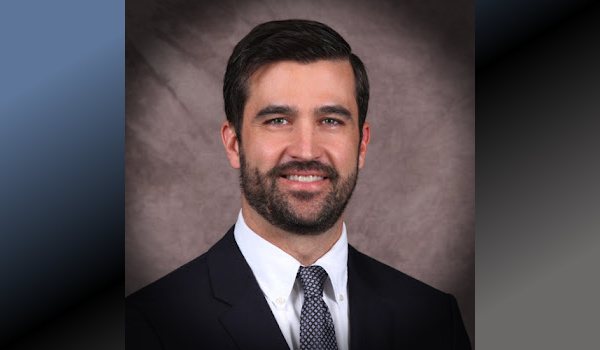Challenges abound for the modern RIA or family office grappling with rising client expectations. With consumer-facing technology available at investors’ fingertips, today’s financial advisors are tackling a broad set of questions. What is the role of human-first financial advice in the age of agentic AI? How can portfolio complexity be addressed to encapsulate a simple but sophisticated investment strategy that’s also personalized?
To stay current, RIAs and family offices understand the need for differentiated investment strategies. But is their historical reliance on outsourcing investment management functions, such as research, analytics, portfolio construction, becoming a burden for some firms? Pain points are real in this context: high costs, partial solutions, slow processes are just a few. To regain control and efficiency, more firms are turning to AI-driven solutions.
Toby Wade, Ph.D., is CEO and co-founder of DeepVest, formerly Benjamin AI. For decades, he has been posing questions about how AI can transform investment management. The answer was a solution designed to address industry challenges, with speed, institutional-grade analytics, affordability and actionable insights that bring those investment management functions in-house.
In his first interview with Digital Wealth News, Toby explores disruption, adoption as well as fast-emerging trends in AI for wealth management that will transform the way advisors work, build and grow.
DWN: “For many years now, RIA firms and family offices have been outsourcing more and more of their investment management functions – including research, analytics and portfolio construction – to third-party solutions providers, given the time, energy and expense required to build and maintain this service in-house. How is DeepVest disrupting this trend, and do you believe RIA firms will increasingly seek to in-source their investment management capabilities with your company’s solutions?”
Toby Wade: For far too long RIAs have outsourced the investment management function to third-party providers, owing to high cost and the complexity of in-house investment management. Outsourcing was never easy, with partial or imperfect solutions a recurring issue, and expensive options like Bloomberg not always meeting RIAs and family offices where they are. DeepVest reverses this trend, by making institutional-grade analytics and research accessible and affordable. By combining institutional-grade analytics with conversational AI, DeepVest eliminates the resource burden. Firms are taking notice. We’ve seen strong inbound interest from top-tier funds and fast-growing RIAs, moving from discovery to paid conversion quickly.
DWN: “RIAs and family offices are well-known for caution when it comes to adopting new technology solutions, especially when there are existing tools and resources that are working as promised. What’s your company’s pitch to these firms about why and how you can replace traditional providers such as Bloomberg and somewhat newer providers such as YCharts or CapIntel?”
TW: Once a firm decides that change is good, they can transform their practice. This is prudence in action, particularly when traditional tools become too costly and rigid. We know advisors spend hours gathering data and testing strategies. But the slow and fragmented tools they’re using were built for analysts, not advisors. Meanwhile, newer players like YCharts or CapIntel lack true AI depth or institutional-grade precision. DeepVest combines proprietary agentic AI and natural language simplicity, to deliver more accurate, customizable insights.
DWN: “Looking ahead, what are you most excited about when it comes to emerging trends at the intersection of AI and wealth management?”
TW: Our industry has enormous potential. AI will enable hyper-personalized portfolio construction and client engagement at scale. With the right tools, RIAs will have a virtual chief investment officer in their pocket that delivers professional-grade research and high-quality data, previously out of reach. At RIAs of all sizes, AI will empower all advisors to be their own CIO, owing to the democratization of institutional-grade research tools.







